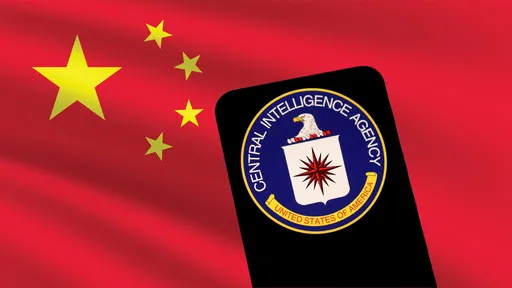American artificial intelligence company OpenAI has launched GPT-4, the latest version of its groundbreaking AI system that powers ChatGPT.
ChatGPT is an interactive computer interface designed to generate accurate responses to user questions through text input with the ability to summarise long text and to even write original pieces of work in varying academic disciplines.
The system has taken the world by storm, raising questions about its potential effect on education systems and global job markets.
Here’s everything you need to know about the latest development:
How does ChatGPT-4 differ from its predecessor?
OpenAI, which is backed by Microsoft, says it spent six months working on making GPT-4 safer and more accurate.
Based on it its internal evaluations, the company says GPT-4 is 82 percent less likely to respond to requests for disallowed content and 40 percent more likely to produce factual responses.
OpenAI says GPT-4 is more creative and collaborative and is capable of handling more nuanced instructions and solving difficult problems with greater accuracy than its predecessors.
In addition to the computer technology’s ability to process text input, GPT-4 also accepts image input.
OpenAI claims its latest developments allow GPT-4 advanced reasoning capabilities and “human-level performance” on several academic and professional benchmarks.
Where is GPT-4 being used?
American financial services company Morgan Stanley is using GPT-4 to organise wealth management data and make it more easily retrievable.
Irish-American financial service company Stripe Inc, which powers the payments of small and large businesses across the internet, is testing to see whether GPT-4 can help streamline user experience and combat fraud.
Language-learning app Duolingo is incorporating GPT-4 to enhance user experience in practising conversations and to detect mistakes during language lessons.
Danish mobile app Be My Eyes connects people who are blind and visually impaired with volunteers who help with hundreds of daily life tasks like identifying a product.
With the new visual input capability of GPT-4, Be My Eyes has begun developing a GPT-4-powered Virtual Volunteer within the app.
What are the limitations?
According to the CEO of OpenAI, Sam Altman, GPT-4 has similar limitations to earlier GPT models.
The chatbot has been accused of biases, inaccuracies and providing access to inappropriate content.
A severely limiting characteristic of ChatGPT is that it cannot provide detailed reasoning for its answers, which can result in users blindly accepting inaccurate information provided by the AI tool.
ChatGPT also saves a history of questions and demands by users, creating a sort of customised user experience, which could result in individual echo-chambers that amplify people’s existing beliefs.
“It is still flawed, still limited, and it still seems more impressive on first use than it does after you spend more time with it,” Altman wrote in a series of tweets Tuesday announcing the launch.
The company added: “great care should be taken when using language model outputs, particularly in high-stakes contexts.”
READ MORE:ChatGPT maker unveils 'imperfect' tool to detect AI-written text
The future of artificial intelligence
GPT-4 is OpenAI’s latest milestone in deep learning – an AI method that teaches computers to process data in a way similar to the human brain.
While this powerful technology has its limitations and ethical concerns, it remains the foundation of tech transformation around the world.
AI has the potential to analyse enormous sets of data and discover complex relationships and patterns, which could lead to further advancements in fields from science to politics.
In July 2021, US Secretary of Defense Lloyd J. Austin III publicly embraced the importance of partnering with innovative AI technology companies to maintain and strengthen global US competitiveness.
Artificial intelligence is likely to be the strongest force behind technology innovation in the modern world.
READ MORE:China's Baidu to challenge Microsoft with its own ChatGPT-style bot























